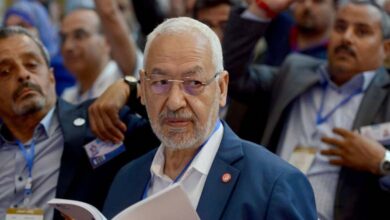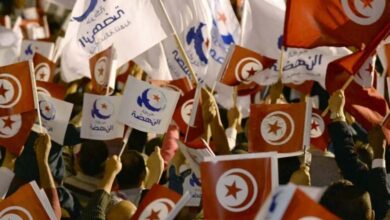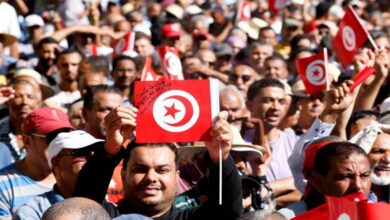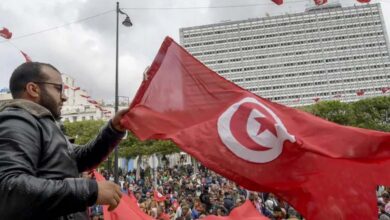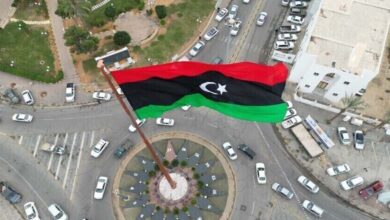“The Snare of the Trap” Documents Algeria’s Cross-Border Violations
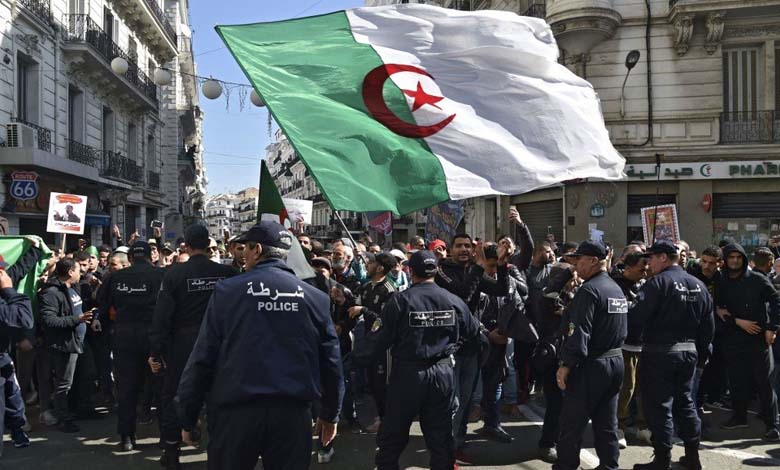
The Cairo Institute for Human Rights Studies has revealed in its latest report the repressive policies of Algerian authorities since the start of the popular Hirak movement in 2019, covering the period from 2020 to 2024.
A recent report by the Cairo Institute for Human Rights Studies states that Algerian authorities are engaging in a series of systematic violations targeting dissidents and activists, both domestically and abroad.
-
Algeria Offers Aid in Exchange for Closing the Case of Defective Fuel
-
Algerian Interest in News of Mali’s Tuaregs Reflects Bias toward Separatists
Titled “The Snare of the Trap”, this 46-page report documents Algeria’s cross-border repression policies since 2019. It highlights efforts to restrict fundamental freedoms and suppress critical voices against the regime, reflecting a significant deterioration in Algeria’s political and human rights landscape.
Based on interviews with Algerian activists living abroad, analyses of court rulings, and reports from human rights organizations, the report reveals that Algeria not only targets dissidents within its borders but also extends its repressive reach to other countries through complex mechanisms. This has raised international concerns about freedom of expression in the region.
-
Algeria Blocks Census of Tindouf Residents for Fear of Exposing Polisario Corruption
-
Gulf Mediation for Morocco-Iran Reconciliation Alarms Algeria
According to the report, Algerian authorities exploit legal provisions such as “destabilizing the state” and “affiliation with terrorist groups” to justify arrests and “unfair trials.” Additionally, orchestrated smear campaigns against dissidents amplify threats to freedom of expression locally and globally.
In the absence of genuine reforms, Algerian authorities have intensified crackdowns on activists and journalists domestically while exerting diplomatic pressure on other nations to detain or extradite activists. They also resort to misleading extradition requests and impose restrictions on activists’ movements.
-
Flights between Moroccan Sahara and International Capitals Anger Algeria
-
Extension of MINURSO Mission: Diplomatic Victory for Morocco and Setback for Algeria
The report describes the Algerian regime’s repressive strategy as leveraging conspiracy theories to portray opposition movements as foreign-backed plots aimed at destabilizing the country. Human rights defenders and activists are often labeled “agents” of hostile nations, while the government fosters a climate of fear to justify its authoritarian measures.
President Abdelmadjid Tebboune has repeatedly claimed that protests and opposition activities are orchestrated by foreign powers. Pro-government media reinforce this narrative, frequently portraying protesters and activists as agents of foreign governments, exposing them to shared accusations both within Algeria and abroad.
-
Algeria Tries to Cover Its Failure to Contain Malaria by Shifting Responsibility to Its Neighbors
-
Chaos Strikes Algerian Media: Exaggerated Propaganda for Tebboune Involves a Daily Newspaper
Despite the severity of these reported violations, the international response has been weak. While some countries and organizations have issued statements of condemnation, these have not translated into tangible pressure or sanctions.
The Cairo Institute urges the international community to step up efforts to safeguard human rights in Algeria and hold its authorities accountable. It calls for the immediate release of all political detainees, legal protection for exiled dissidents, and independent missions to document human rights abuses.
-
Morocco Urges Algeria to Engage in Peace Rather than Chasing Illusions
-
More than half of French people consider Algeria a terrorist threat
The report warns that failing to address Algeria’s mechanisms of repression could embolden similar authoritarian regimes to expand their repressive practices, thereby undermining democratic freedoms worldwide.



